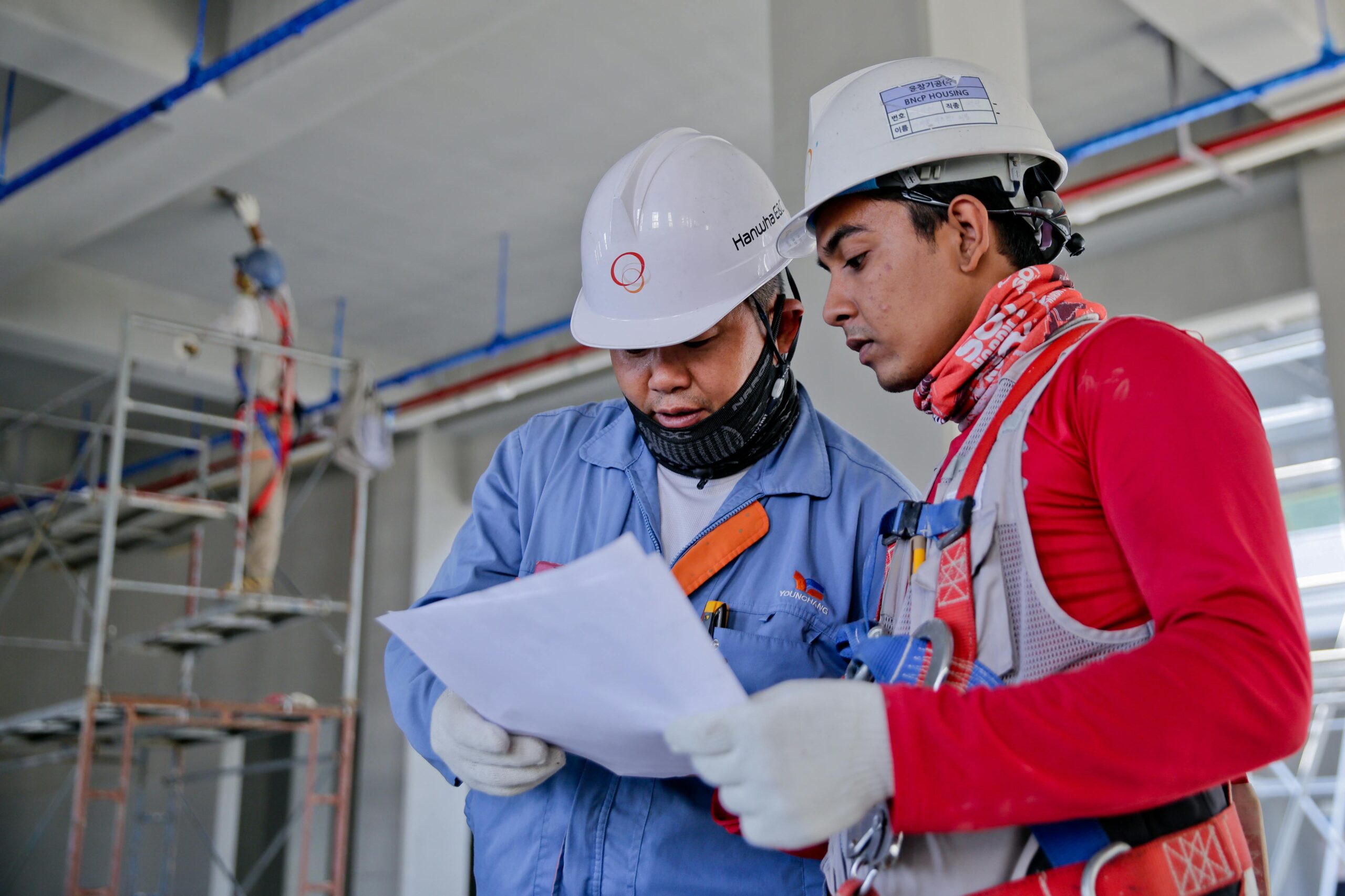In any workplace, safety is of paramount importance, particularly in industries that pose inherent risks, such as construction, manufacturing, and chemical handling. To ensure the well-being of employees and compliance with legal standards, work safety permits play a crucial role. This article delves into the essential reasons why work safety permits are indispensable for maintaining a safe working environment.
1. Regulatory Compliance
Work safety permits are often mandated by law to ensure that organizations comply with occupational health and safety regulations. These permits help companies adhere to legal standards designed to protect workers and minimize workplace hazards. By obtaining the necessary permits, employers demonstrate their commitment to following established safety protocols, thereby reducing the risk of legal repercussions.
2. Risk Assessment and Management
One of the primary functions of a work safety permit is to facilitate a thorough risk assessment before any work begins. This assessment identifies potential hazards associated with specific tasks or projects. By understanding these risks, employers can implement appropriate safety measures to mitigate them, significantly reducing the likelihood of accidents and injuries on the job.
3. Implementation of Safety Protocols
Work safety permits often require the establishment of specific safety protocols and procedures. These protocols ensure that all workers are aware of the hazards associated with their tasks and the measures in place to protect them. This structured approach fosters a culture of safety within the organization, encouraging employees to prioritize safe practices.
4. Accountability and Responsibility
Issuing work safety permits clarifies responsibilities among workers and supervisors. By delineating who is accountable for safety measures and oversight, permits create a structured framework for safety management. This ensures that everyone involved understands their role in maintaining a safe work environment, promoting collective accountability.
5. Verification of Training and Competence
In many instances, obtaining a work safety permit requires proof of training and competence from workers. This verification process ensures that employees possess the necessary skills and knowledge to perform their tasks safely. By ensuring that workers are adequately trained, employers can reduce the risk of accidents caused by human error or lack of knowledge.
6. Emergency Preparedness
Work safety permits often include provisions for emergency response plans tailored to the specific tasks being performed. These plans ensure that workers know how to react in case of an emergency, such as a fire, chemical spill, or equipment failure. This preparedness can be critical in minimizing injuries and property damage during unforeseen incidents.
7. Ongoing Monitoring and Evaluation
Work safety permits facilitate continuous monitoring and evaluation of safety practices. Many permits require regular inspections and reviews, allowing organizations to assess their safety protocols continuously and make improvements as needed. This ongoing evaluation fosters an environment of continuous safety enhancement, ensuring that safety measures evolve to meet changing conditions.
8. Boosting Worker Confidence and Morale
When employees are aware that safety measures are in place and that their employers are dedicated to maintaining a secure work environment, it can significantly boost morale and confidence. Workers are more likely to feel secure and valued, which can lead to increased productivity and job satisfaction. A positive work environment is not only beneficial for employees but also contributes to the overall success of the organization.
9. Legal Protection
In the unfortunate event of an accident, having proper work safety permits and protocols can provide legal protection for employers. These permits demonstrate that the organization is committed to safety and has taken the necessary steps to comply with regulations. In legal proceedings, this evidence can be crucial in defending against claims of negligence or non-compliance.
Conclusion
In conclusion, work safety permits are essential for ensuring a safe and compliant work environment. They promote risk assessment, accountability, and adherence to safety protocols while fostering a culture of safety among employees. By implementing work safety permits, organizations not only protect their workers but also enhance productivity and morale, ultimately contributing to the overall success and sustainability of the business. As industries continue to evolve, the importance of work safety permits will remain a cornerstone of effective safety management practices.

